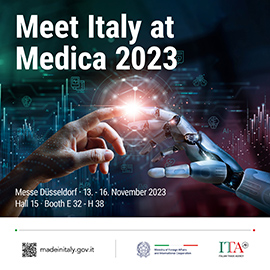
AI already does remarkable things in healthcare, and the number of applications is rapidly increasing: New projects explore the potential of chatbots to create more comprehensible patient information material and their role as a virtual sparring partner for medical staff education. Algorithms might recognize pain in patients, further enhance MRI scans or early detect signs of stroke in an EEG reading. Still, even advanced AIs still tend to 'dream up' incorrect results – so developers and users must be wary of these 'hallucinations'. Enjoy reading!
Advertisement |

Article • Potential of large language models for nursing and health science education
ChatGPT: the next big thing in cardiology?
Hardly a day passes without new headlines about ChatGPT, the AI-powered large language model, and its potential applications in healthcare. First results have been somewhat sobering after the initial hype, with the AI’s “hallucinations” often ...
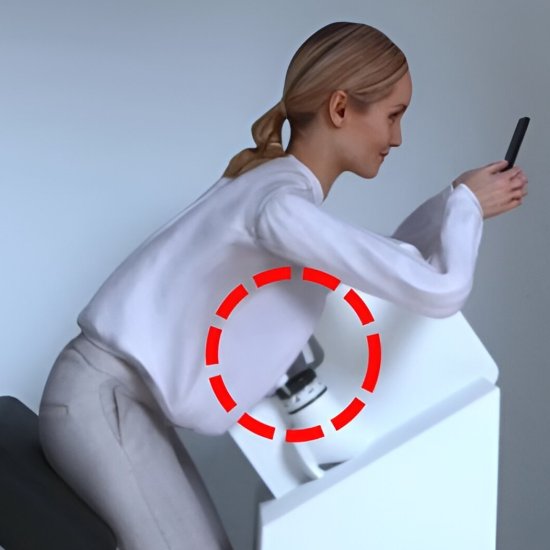 |
News • Detection of lumpsNew robot could help diagnose breast cancer earlyA team at the University of Bristol has developed a robot manipulator that could carry out clinical breast examinations. The developers hope the device will revolutionise breast health monitoring. |
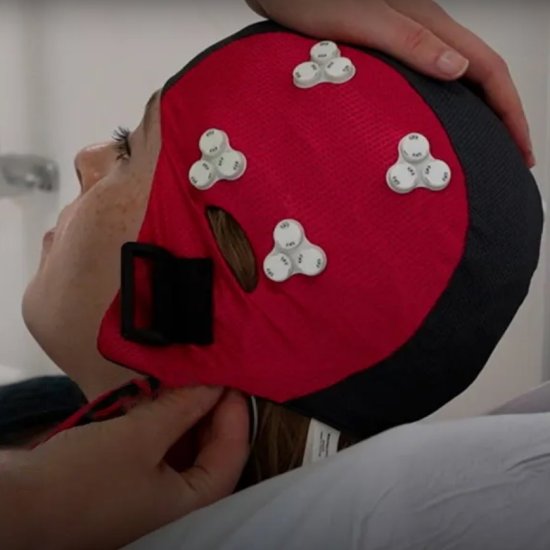 |
Video • Emergency medicineSmart brain-wave cap recognizes stroke before patient reaches hospitalNeurologists at Amsterdam UMC have developed a special sensor cap that interprets EEG brain waves to early detect signs of an ischemic stroke while the patient is in the ambulance. |
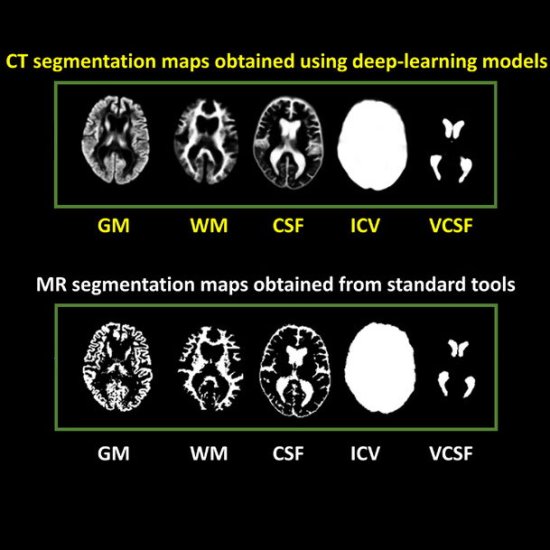 |
News • Smart diagnostic supportBrain imaging: bringing CT up to par with MRIA new AI method for CT brain imaging may bring the modality to the level of detail usually reserved for MRI scans. This could enhance diagnostic support for conditions such as Alzheimer's disease. |
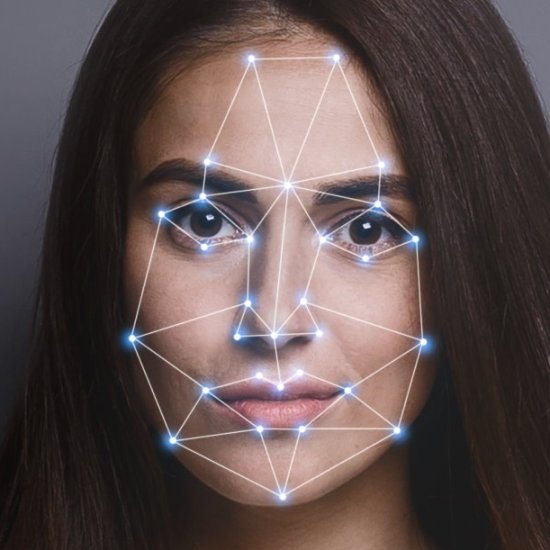 |
News • New assessment methodAI system could help detect patients’ pain before, during and after surgeryAn automated pain recognition system using artificial intelligence (AI) holds promise as an unbiased method to detect pain in patients before, during and after surgery. |
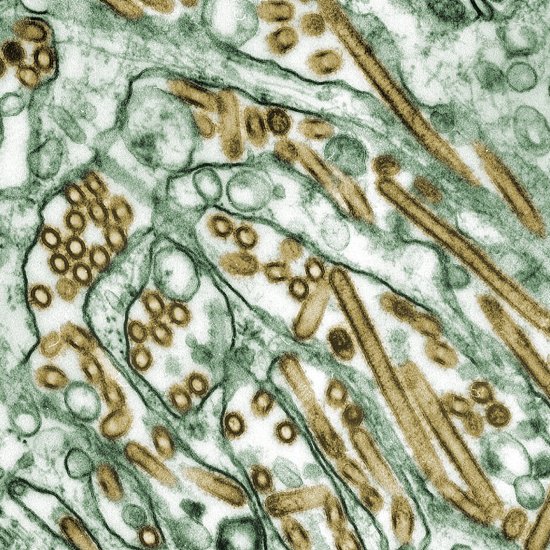 |
News • Hybrid peptide-DNA nanostructuresCould artificial life forms be the medicine of the future?What role should artificial life play in medicine? Researchers from Denmark and the US explore the potential of hybrid peptide-DNA nanostructures for diagnosing and treating diseases. |
 |
News • Medical diagnosis experiment showsAI is biased – and humans 'inherit' their flawsNew research from Deusto University in Bilbao, Spain, provides evidence that people can inherit artificial intelligence biases (systematic errors in AI outputs) in their decisions. |
 |
News • Reduction of healthcare-associated infectionsStudy: Anti-Covid measures also prevent HAIsThe enhanced infection safety measures installed for the Covid-19 pandemic also had a beneficial effect on hospital-acquired infections (HAIs) overall, a new US study suggests. |
You are receiving this email because you subscribed to our newsletter on healthcare-in-europe If you don’t want to receive this newsletter anymore, click here to unsubscribe. Keep up-to-date on the latest news from all hospital-related fields! Copyright © 2025 mgo fachverlage GmbH & Co. KG. E.-C.-Baumann-Straße 5, 95326 Kulmbach, Germany |

